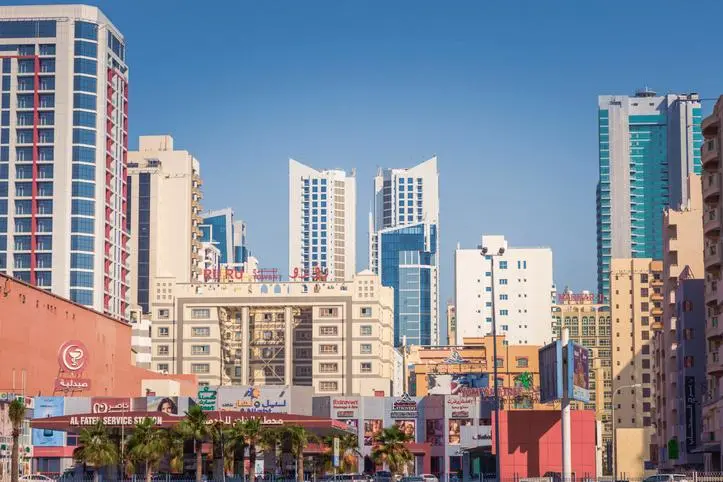PHOTO
Bahrain real estate transactions grew 46 percent in 2021 to reach 1 billion dinars ($2.7 billion), underpinned by government initiatives and an improving outlook, according to Savills.
The real estate company said government initiatives, including the National Real Estate Plan 2021-2024, that promote investments in the sector would help maintain momentum.
The company said there will be delays in absorption in the high-end sale market, as developers are unwilling to revise pricing strategies.
Hashim Kadhem, head of professional services for Bahrain, said developers are still offering extensive incentives, with many partnering with banks to offer attractive mortgage products.
Swapnil Pillai, associate director for research in the Middle East, said offshoots of a gradual recovery in the market were already visible in the fourth quarter of 2021, as the Q4 2021 Savills Residential Capital Value Index remained stable.
“This is the second consecutive quarter where prices across the residential sector remained unchanged across apartments and villas,” Pillai said.
“However, on an annual comparison, prices remain, on average, 1.6 percent and 4.2 percent lower across apartments and villas, respectively, compared to Q4 2020, creating room for increased investments.”
Pillai said the residential rental index for Q4 2021 remined relatively stable on a quarterly basis, but apartment rents decreased by five percent on an annual basis, with the decline greater for mid-range properties at 3.5 percent, compared to 1.4 percent for high-end properties, with no change in the low-end segment.
In the commercial sector, uncertainty led to a drop in office sales prices of 2.9 percent year-on-year, the company said, while in rentals, mid-end offices saw an average decrease of 13.3 percent, as tenants sought cheaper, lower-end alternatives or relocated to higher-end offices that offer competitive rates.
Kadhem said international tenants are likely to adopt hybrid working practices in the future, therefore downsizing existing spaces and increasingly taking up smaller spaces.
“Also, there will be an increased focus on the repurposing of older stock that does not meet the Environmental Social and Governance (ESG) requirements of tenants,” he said.
(Reporting by Imogen Lillywhite; editing by Cleofe Maceda)
Disclaimer: This article is provided for informational purposes only. The content does not provide tax, legal or investment advice or opinion regarding the suitability, value or profitability of any particular security, portfolio or investment strategy. Read our full disclaimer policy here.
© ZAWYA 2022




















